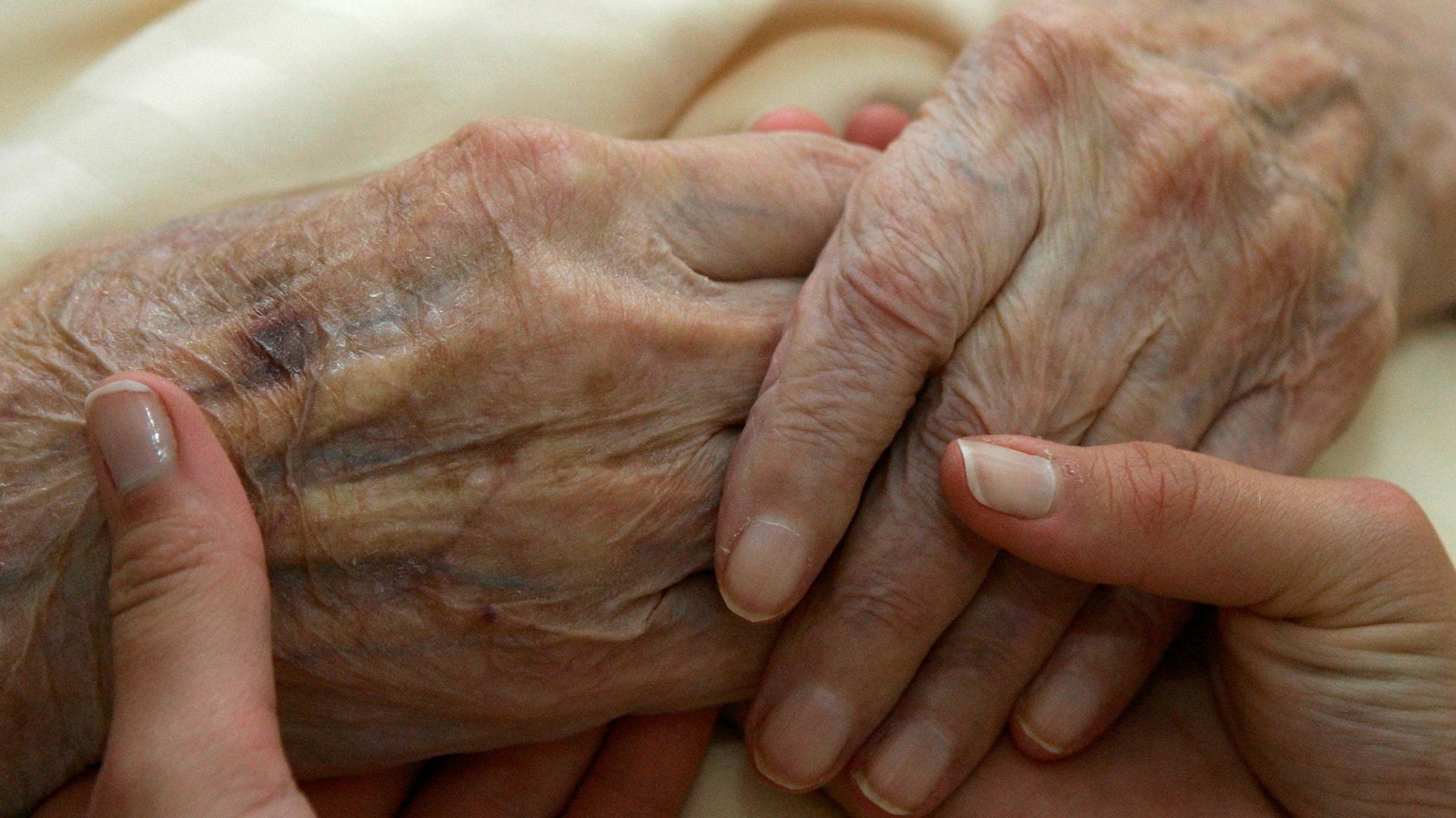The simple way that men can help close the wealth gap
The US is on a cusp of a major demographic shift. By 2060, there will be 13.9 million people over the age of 60 living in the country; the most dramatic increase in elderly adults will occur in people of color. And as of today, we don’t have enough people to care for them.


The US is on a cusp of a major demographic shift. By 2060, there will be 13.9 million people over the age of 60 living in the country; the most dramatic increase in elderly adults will occur in people of color. And as of today, we don’t have enough people to care for them.
“Care needs are exploding in our country, and we have an outdated system of caregiving,” Sarita Gupta, the executive director of Jobs With Justice and the co-director of Caring Across Generations, said at a panel at the Milken Institute Future of Health Summit in Washington, DC, on Wednesday. Both of Gupta’s advocacy groups argue for fair treatment of people in the workplace.
Right now, about half of middle-aged adults living in the US make up the ”sandwich generation,” meaning they have both young children and aging older relatives who need care. Almost all of this care is unpaid; a 2015 report from the American Association for Retired Persons estimated that the total value of unpaid care was around $407 billion in 2013. Other estimates value this unpaid labor somewhere between $200 billion and $700 billion; it’s hard to say for sure because this work is all undocumented.
Most of the people doing this unpaid caregiving work are women—and it can hurt them financially. If paid maternal leave is inadequate, or not offered at all, women may actually leave the workforce or work part time to accommodate their family’s needs. According to a survey by Merrill Lynch and the Bank of America, by retirement age men will have earned more than $1 million more than women cumulatively (pdf, p. 21) because of the time women take out of their careers for unpaid work.
This wage disparity can affect not only earnings but also, in turn, a decreased amount of money awarded through social security. And on top of that, women live for an average of five years longer than men, so they often have less money to support themselves over a longer period of time.
There’s a simple solution for this, though. Men can and should be taking time off work to focus on caregiving, said Will Dow, the interim dean of the University of California, Berkeley School of Public Health, at the same panel. Dow explained that although paid paternity leave is a start, really these guidelines should be expanded to caring for any kind of family member. If women didn’t feel obligated to leave work to care for family members, they’d likely earn more over the course of their lifetimes.
Although paid family leave is woefully uncommon (at the moment, a handful of companies including Deloitte and, as of this month, Starbucks offer it), evidence suggests that it wouldn’t hurt businesses. Women who have paid parental leave end up staying at their workplaces (paywall) which saves companies money on looking for new talent. Presumably, the same would happen with men who take time to care for other family members, too.
“I would challenge every single male here to think very deeply about their opportunities and who should be the caregiver,” Dow said. Caring for family shouldn’t fall on women’s shoulders automatically or alone.